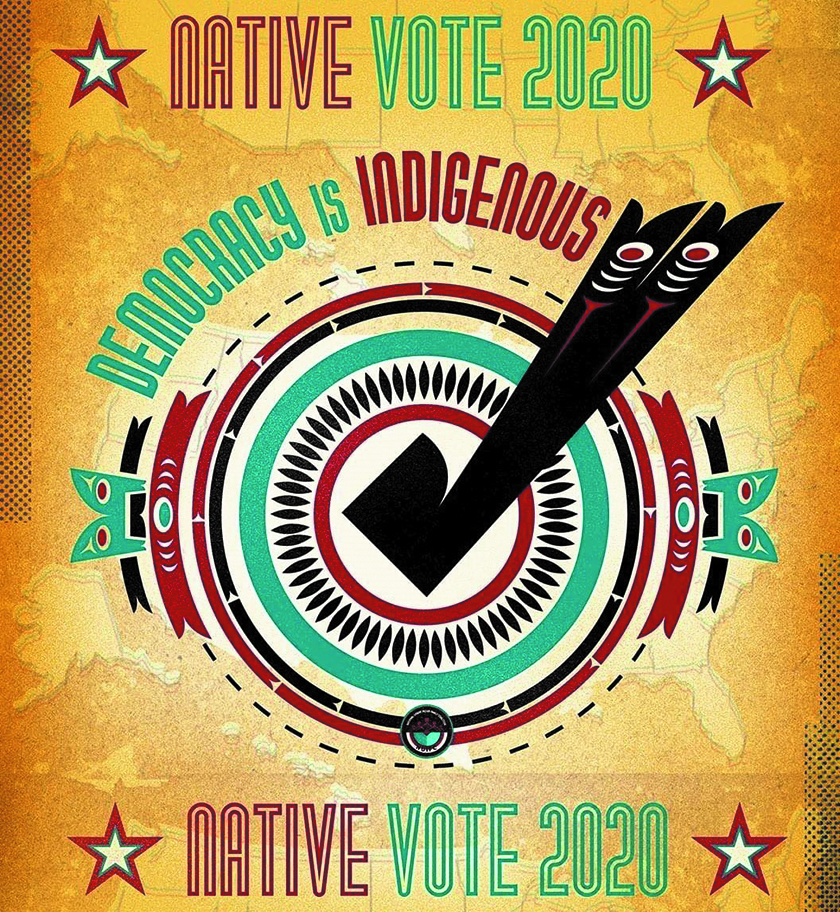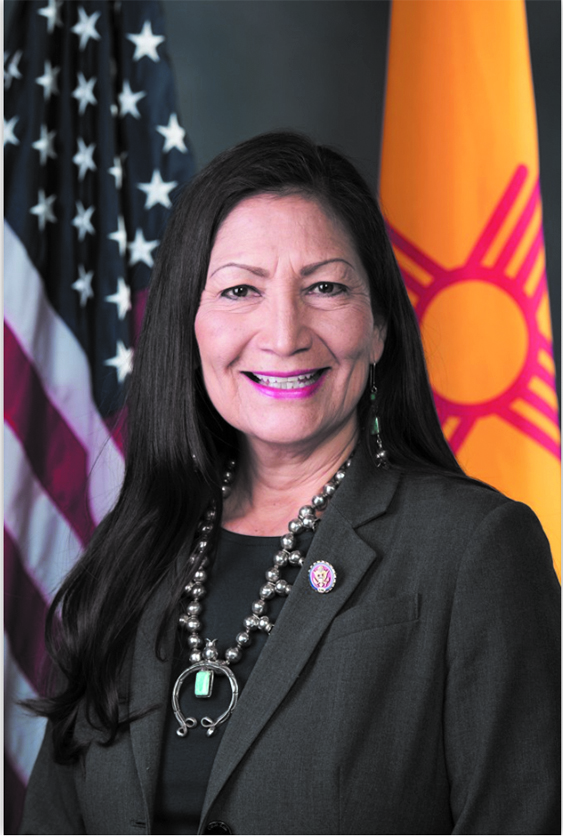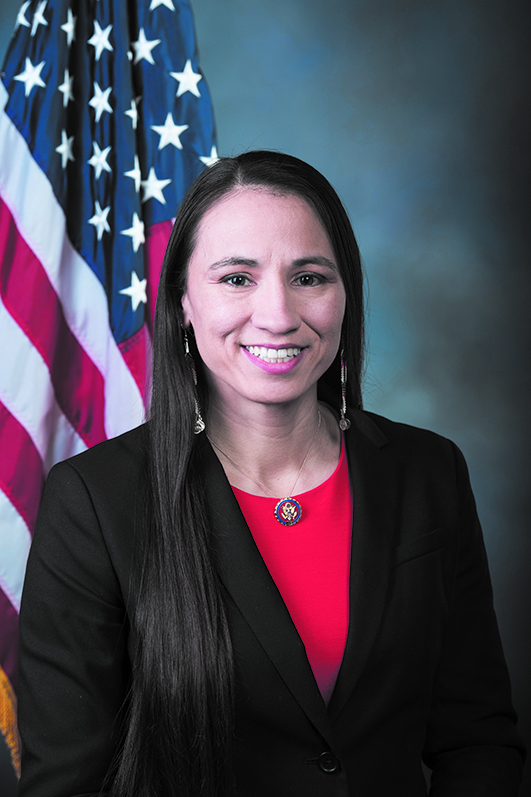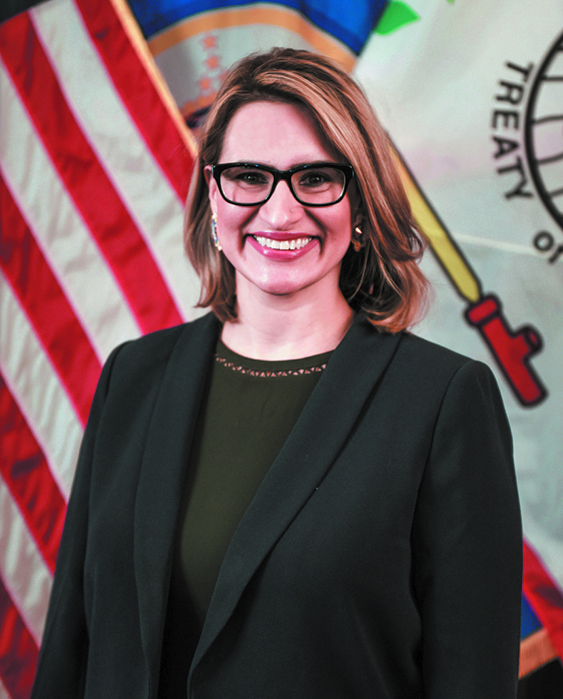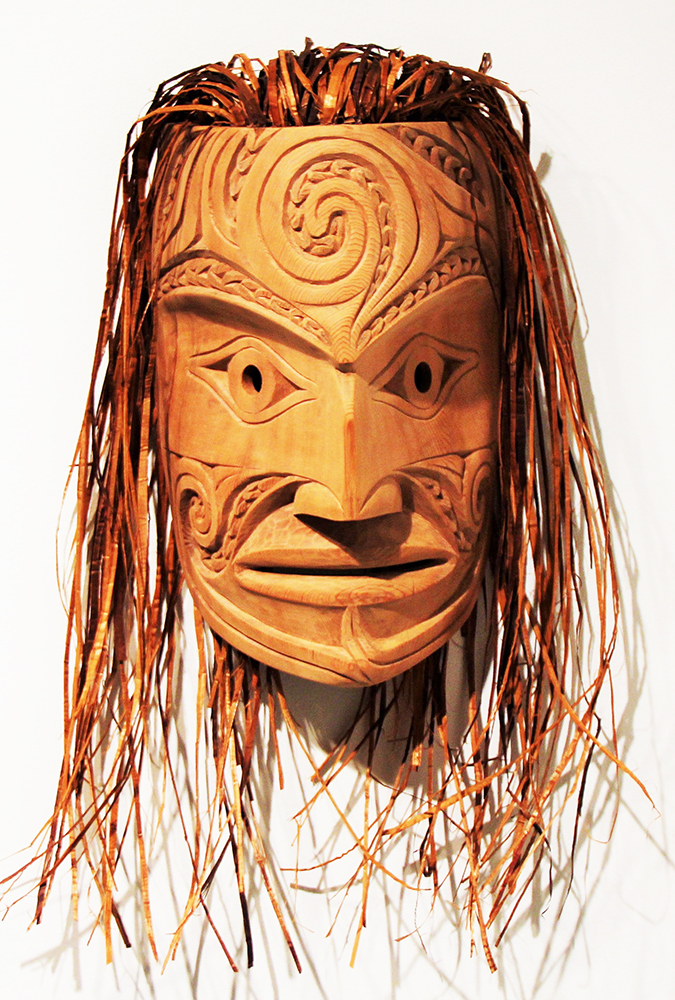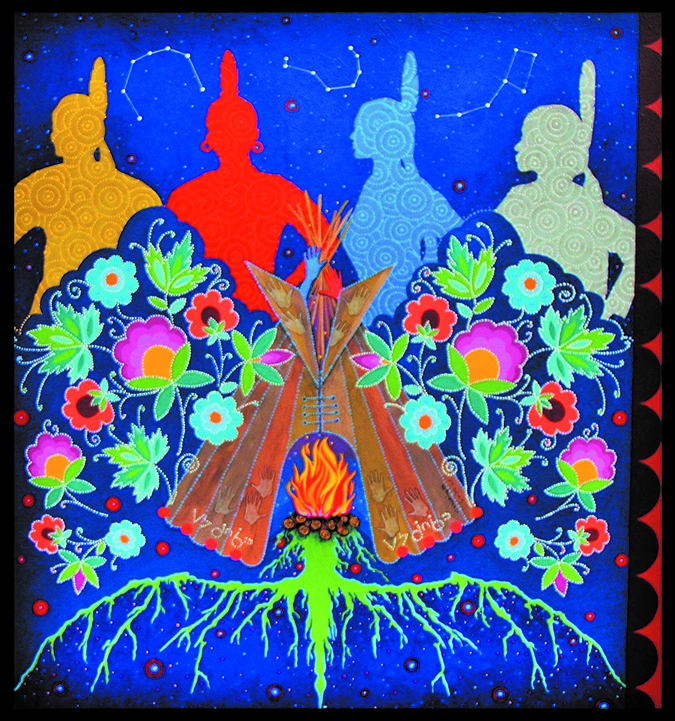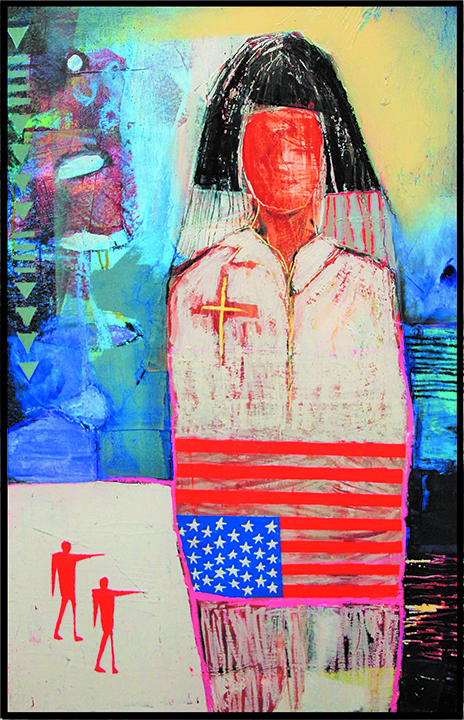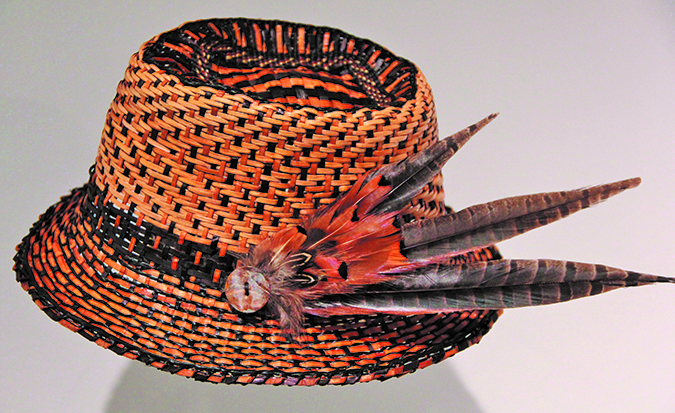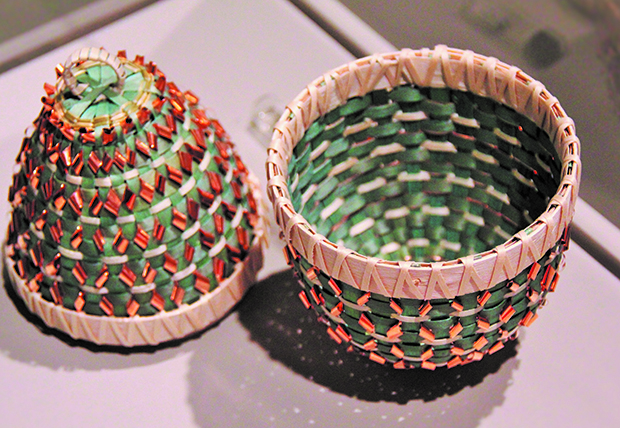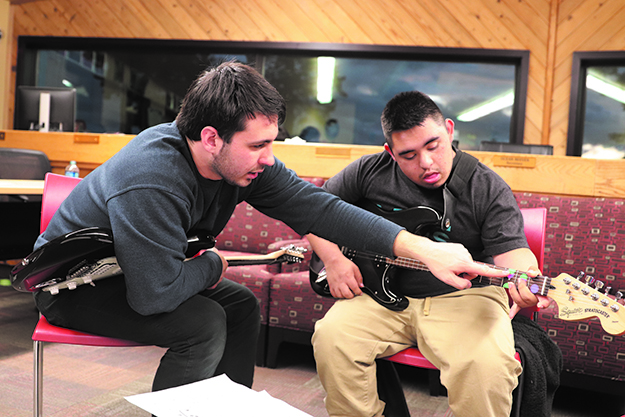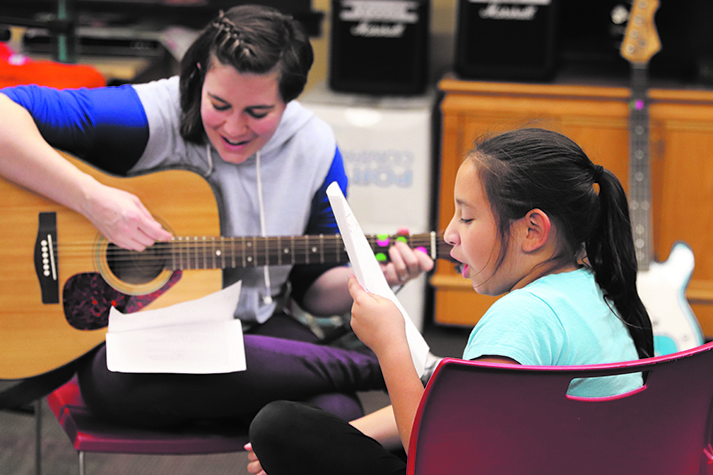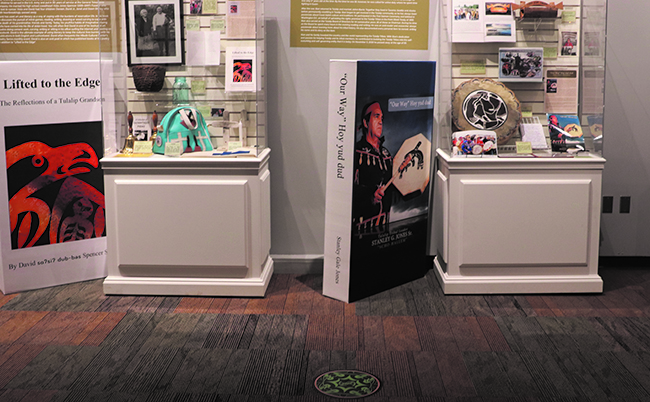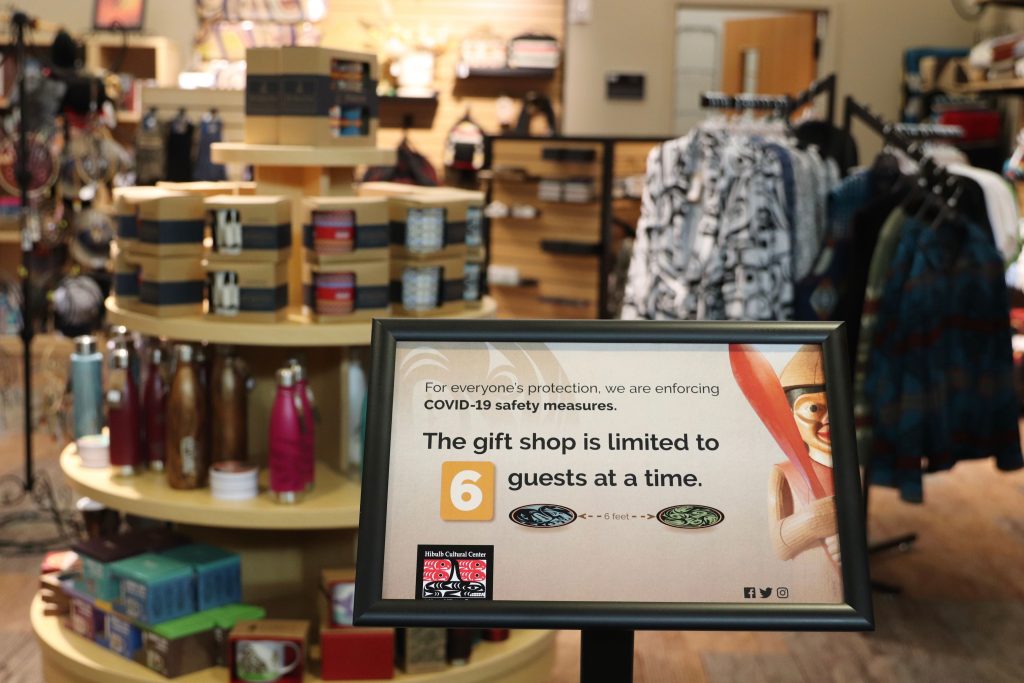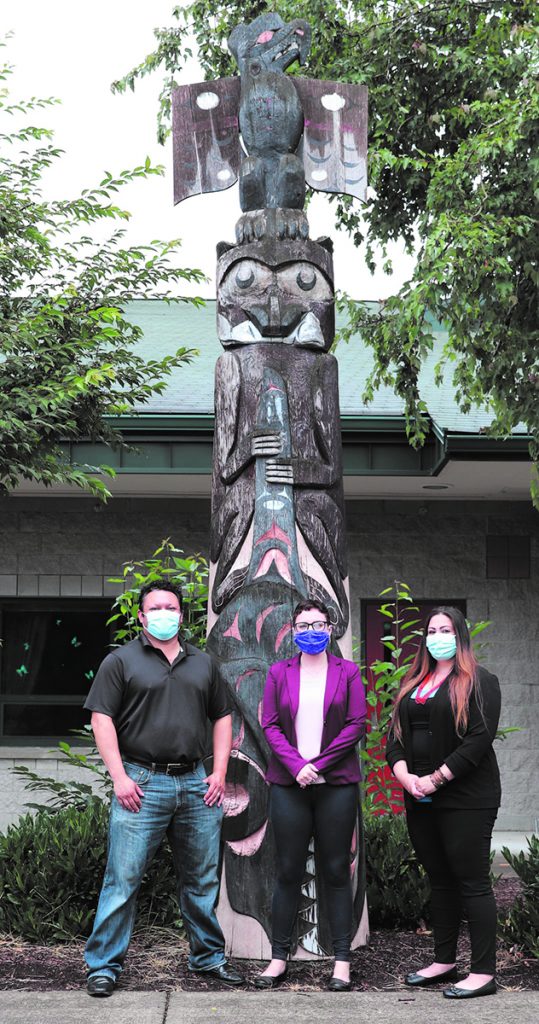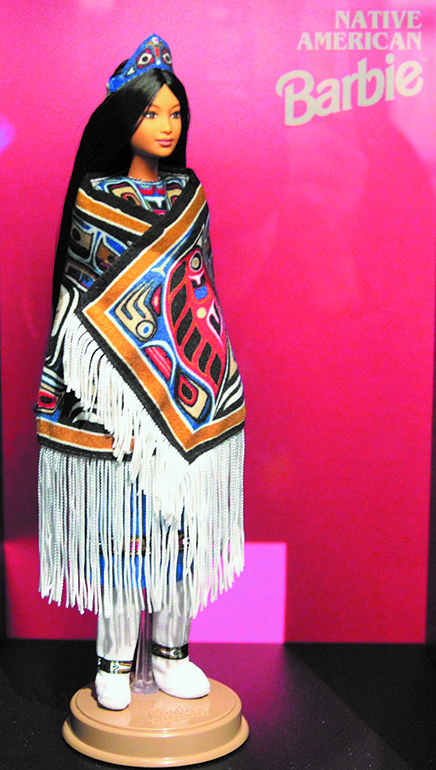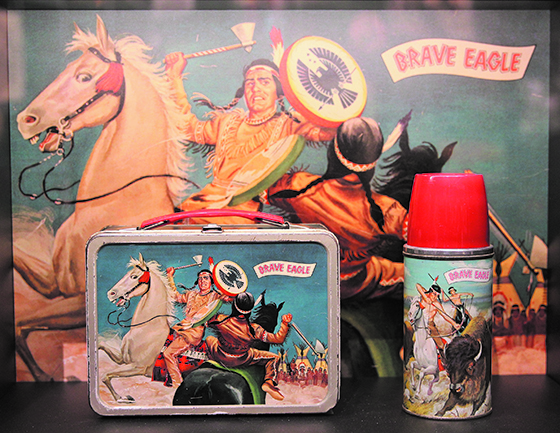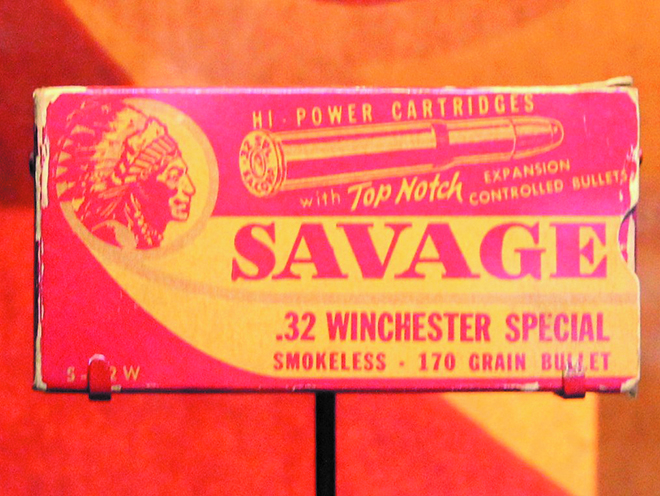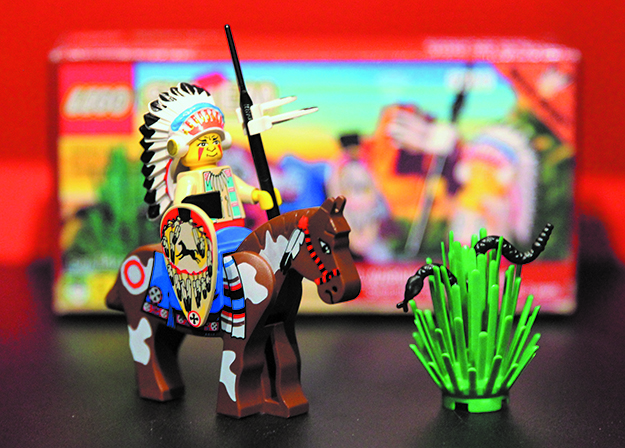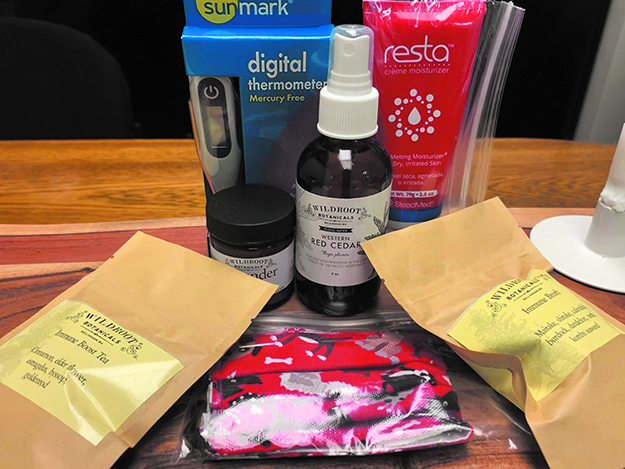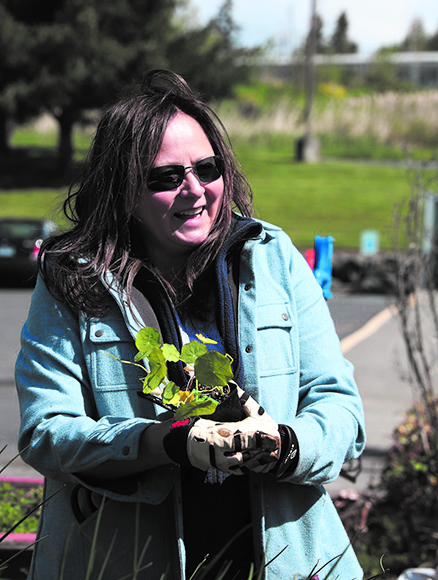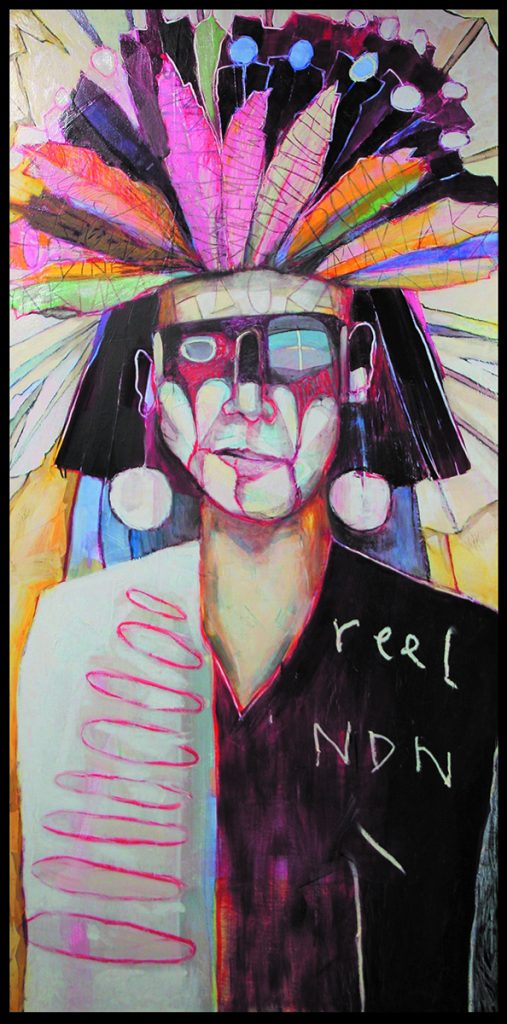
The new Quil Ceda Creek Casino is scheduled to open early next year
TULALIP, WA – A major commitment to food excellence and state-of-the-industry “green kitchen” operations are among the attractions coming to the new Quil Ceda Creek Casino, slated to open in early 2021. The centerpieces for the enhanced culinary focus include “The Kitchen,” offering guests casual dining with an array of made-to-order menu choices and “The Landing,” an exciting a la carte dining experience. Menu items will spotlight fresh, local ingredients from Northwest suppliers and prepared with the latest “green cooking” techniques.
“The unveiling of ‘The Kitchen,’ ‘The Landing’ and other new food and beverage venues will support our goal of providing guests with a total gaming, dining and entertainment experience,” said Belinda Hegnes, Interim Executive VP of Quil Ceda Creek Casino. “Healthier, safer and environmentally conscious technology literally transforms the way recipes are developed and prepared. And by embracing the ‘green kitchen’ concept, we are aligning our operations with the Tulalip Tribes’ commitment to the environment.”
More than doubling the size of the current casino located across the street, the impressive new “Q” will span over 120,000 square feet and will include 1,500 gaming machines (an increase of 500 machines), additional table games, an expanded entertainment lounge and a multi-story parking garage. The new Quil Ceda Creek Casino is located on 15 acres of Tulalip Tribal land directly off I-5 at exit 199.

In addition to the greatly enhanced restaurant operations, guests will have multiple choices at three bars for craft cocktails, regional beers, Northwest wines and appetizers.
Far from an afterthought, planning for the new dining concepts and kitchen operations have been underway for more than two years.
“The Kitchen” spotlights a new food hall dining experience where guests may visit one or multiple stations and choose from a variety of made-to-order menu items. Selections are recorded on a single card as they go, and guests pay one bill for all orders when they are finished, as opposed to “food court” experiences at most other casinos where patrons pay at each and every station or restaurant they visit.
Guests at ‘The Kitchen’ can expect a tasty lineup of choices including freshly-prepared pizza and pasta, roasted prime rib, hand carved meats for sandwiches, tossed salads made on the spot, breakfast served 24/7, plus a few surprises: fresh gelatos, “chocolate lasagna” and a vertical cone of chocolate for serving up hand-shaved additions to desserts!
There’s good reason for the growing excitement behind the food hall concept.
“With all the preparation activity taking place in front of guests, it’s a stimulating scene that adds to the interest and anticipation of the meal,” said Hegnes. “It’s a feast for the senses.”
To prepare food efficiently in a high-output kitchen – without sacrificing flavor and character – the new Q culinary team introduces windspeed ovens and other innovations to the food preparation. It’s a no-fry, greaseless kitchen with no vents, and the integration of new kitchen technologies will greatly reduce waste output and energy consumption. Even to-go containers will have a short “life” of 90 days and will be compostable.
“From the front door to the back door and beyond, the restaurants at the new Quil Ceda Creek Casino will be the ‘greenest’ in the Northwest when they open. It’s a tribute to forward-thinking by the Tulalip Tribes,” said Hegnes.

The current Quil Ceda Creek Casino facility will remain fully operational until the new casino opens to the public in early 2021. More information on the new Quil Ceda Creek Casino and a livestream look at construction can be found at quilcedacreekcasino.com/NewQCCCasino.
________________________________________________________________
Farm-to-table focus, locally sourced ingredients showcased in casual dining menus at the new Quil Ceda Creek Casino
The new Quil Ceda Creek Casino will showcase a variety of casual dining options, but there will nothing casual behind the thoughtful sourcing of premium ingredients on the menus when it opens in early 2021.
Coupled with the casino’s advanced “green kitchen” preparation techniques, the focus on local and regional products promises guests a memorable dining experience.
“We are fortunate to live in a region where the unrivaled bounty of our farms, ranches and fisheries is readily available,” said Belinda Hegnes, Interim Executive VP of Quil Ceda Creek Casino. “From fresh-tossed salads and hand-carved prime rib to shellfish harvested nearby, our ingredients will represent the best our region has to offer.”
Hegnes said local ingredients will be featured in multiple food stations in the casino’s innovative “The Kitchen,” serving made-to-order dishes, as well as a la carte dining at “The Landing” and appetizers in three bars featuring regional beers, Northwest wines and craft cocktails.
The new casino’s culinary team has been developing vendor relationships to source a variety of products, including:
- Locally sourced fresh Puget Sound clams, mussels and oysters
- Fresh berries from Skagit Valley growers – showcased on menus as availability allows
- Alaskan wild-caught sockeye salmon and line-caught cod
- Chicken from nearby Draper Valley Farms, a Northwest Tradition since 1935
- Certified Angus beef from Oregon
- Sun-kissed Walla Walla Sweet Onions
- “Fresh, never frozen” ground chuck and hand-carved prime rib
- From Seattle’s Pike Place Market, offerings from Uli’s Famous Sausages
- Tasty hamburgers featuring flavorful American Wagyu beef patties
- Chocolate-lovers should be prepared to be “wowed” by unusual Chocolate Shawarmas – pillars of solid chocolate goodness from chocolatier Sagra Inc. in Tacoma. Hand-shaved over scrumptious desserts or coffees, selections will include rich milk chocolate with a white chocolate swirl and dark chocolate marbled with strawberry white chocolate.
“Our commitment to ‘staying local’ not only enhances the dining experience for our guests, it stimulates the local economy by putting money back into the hands of growers, farmers and artisans,” said Hegnes.
